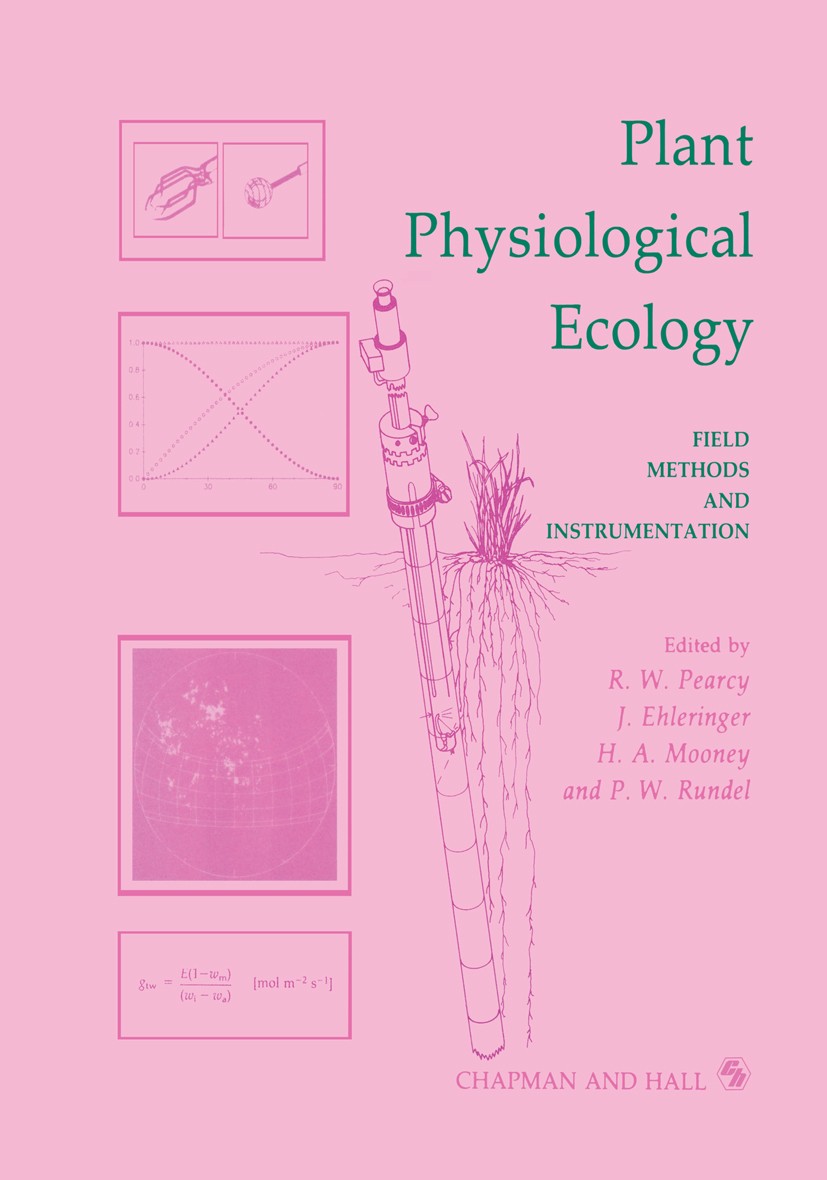| 书目名称 | Plant Physiological Ecology | | 副标题 | Field methods and in | | 编辑 | Robert W. Pearcy,James R. Ehleringer,Philip W. Run | | 视频video | http://file.papertrans.cn/749/748763/748763.mp4 | | 图书封面 |  | | 描述 | Physiological plant ecology is primarily concerned with the function and performance of plants in their environment. Within this broad focus, attempts are made on one hand to understand the underlying physiological, biochemical and molecular attributes of plants with respect to performance under the constraints imposed by the environment. On the other hand physiological ecology is also concerned with a more synthetic view which attempts to under stand the distribution and success of plants measured in terms of the factors that promote long-term survival and reproduction in the environment. These concerns are not mutually exclusive but rather represent a continuum of research approaches. Osmond et al. (1980) have elegantly pointed this out in a space-time scale showing that the concerns of physiological ecology range from biochemical and organelle-scale events with time constants of a second or minutes to succession and evolutionary-scale events involving communities and ecosystems and thousands, if not millions, of years. The focus of physiological ecology is typically at the single leaf or root system level extending up to the whole plant. The time scale is on the order of minute | | 出版日期 | Book 1989 | | 关键词 | Phosphor; Transpiration; Vegetation; Wind; classification; metabolism; nitrogen; physiology; roots; temperatu | | 版次 | 1 | | doi | https://doi.org/10.1007/978-94-009-2221-1 | | isbn_softcover | 978-94-010-7496-4 | | isbn_ebook | 978-94-009-2221-1 | | copyright | Chapman and Hall 1989 |
The information of publication is updating

|
|
 |Archiver|手机版|小黑屋|
派博传思国际
( 京公网安备110108008328)
GMT+8, 2026-1-21 11:52
|Archiver|手机版|小黑屋|
派博传思国际
( 京公网安备110108008328)
GMT+8, 2026-1-21 11:52


